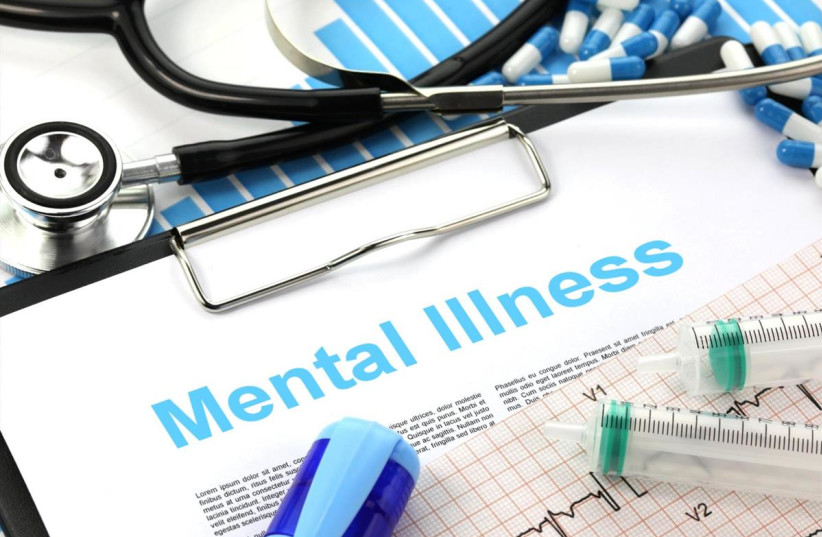The safe administration of low doses of ketamine has been shown to be effective in cases of treatment-resistant depression, and now, ongoing research shows that it may also be effective in treating other psychiatric conditions. A recent study by the Cambridge University Press examines how ketamine works in the treatment of mental health disorders. The peer-reviewed study used a technology known as PROSPERO, which registers systematic reviews of human and animal studies, to compile and compare the results of 83 previously published reports about ketamine treatment for depression, bipolar disorder, and suicidal ideation. Researchers accounted for any potential bias using additional tools known as the Cochrane Risk of Bias tool and A Measurement Tool to Assess Systematic Reviews (AMSTAR) Checklist.
The research took into account the method of administration, explaining that it was a key consideration in the use of the treatment. While intravenous administration is the most common method due to the ability to control the dose, other modes of administration such as oral, intramuscular, sublingual, and intranasal, also have practical advantages such as patient comfort, the study said.
The agreed-upon dosage and administration of ketamine varies from study to study, with recommended treatment varying from 0.4mg/kg to 0.5 mg/kg administered intravenously over 40-60 minutes. The FDA-approved method of ketamine dosing includes "an induction phase of twice-weekly dosing, tapering down to a maintenance phase of weekly and later biweekly dosing, with no maximum period indicated," the study explains, saying that further work is still required in order to understand the most effective method of administering the drug depending on its need.
Their analysis of all of the previous reports led to the conclusion that ketamine is an effective option for use as an antidepressant and as a treatment for suicidal ideation. They also highlight that while ketamine may not be quite as effective for treating other mental illnesses, it does seem to have some benefit and that further research around optimal dosing and modes of administration is worth pursuing.

